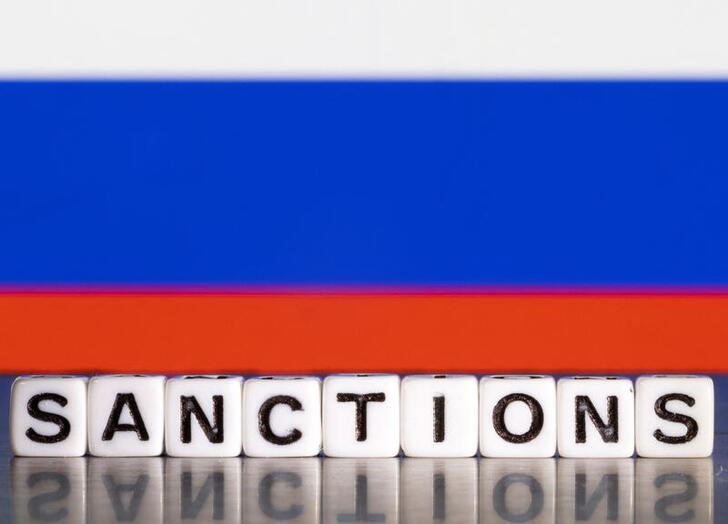Biden warned Putin that the U.S. was prepared to significantly damage the Russian economy if Ukraine was invaded. Subsequently, as Russian forces entered Ukraine, the Biden administration swiftly established the largest and most comprehensive sanctions regime in history.
In March 2022, President Biden observed a drastic devaluation of the Russian ruble, predicting that the Russian economy would halve in size. However, these forecasts were overly optimistic. Despite extensive Western sanctions, the Russian economy only contracted slightly in 2022 and showed signs of significant growth by 2023.
Russia adeptly managed the economic blockade. Its success is largely due to advanced strategies for evading sanctions. These included parallel import schemes, networks of commercial proxies, new routes for energy exports, and strengthened economic ties with nations like China and India, which helped reduce the impact of Western sanctions. Russia outpaced the U.S. and EU in adapting to sanctions, rendering Western countermeasures ineffective. The prospect of imposing broad secondary sanctions on major trading nations like China and India also risks significant diplomatic and economic fallout, which underscores the broader consequences of these actions.
The growing ineffectiveness of the sanctions regime highlights the resilience of the Russian economy and challenges the effectiveness of a long-standing U.S. foreign policy strategy. This has led to calls for reevaluating an approach that has been a staple of U.S. foreign policy since the end of the Cold War.
Historically, the U.S. has relied on economic sanctions to influence global affairs, a practice dating back to the colonial boycotts of British goods before the American War of Independence. The rationale behind sanctions has been to coerce nations into aligning with U.S. interests through economic pressure. Post-World War II, this approach has been viewed as both a prudent and effective means of leveraging American economic dominance to meet foreign policy goals.
Sanctions have been a key tool in U.S. foreign policy, designed to coerce nations into aligning with American interests through economic pressure. However, their effectiveness relies on the target nation believing the sanctions can be lifted and having enough incentive to comply with U.S. demands. Since 2014, Russia has not met these conditions, operating under the assumption that Western sanctions, now exceeding 16,000, are permanent. Furthermore, Russia has shown no willingness to concede to demands like returning Crimea, necessary for even partial sanctions relief by the U.S. Congress.
This gap between the intentions and effects of sanctions is deepened by Russia’s substantial resources and global influence, making it nearly impossible to isolate effectively. This not only indicates a policy failure but also highlights a fundamental flaw in U.S. foreign policy assumptions.
From the beginning, there was significant evidence that sanctions against Russia would be ineffective. The non-participation of many non-Western countries in the sanctions regime undermined any strategy to economically isolate Russia. This situation raises questions about the outdated U.S. confidence in sanctions, which stems from the unipolar moment of the 1990s following the Soviet Union’s collapse—a time when the U.S. experienced unrivaled global dominance. This view is increasingly out of step with today’s multipolar world where U.S. influence is less absolute.
The limitations of sanctions are particularly evident against a major power like Russia, which has alternatives for its energy exports beyond Western markets. Years of American financial dominance have fostered a dependence on sanctions as a universal policy tool, a practice that is gradually undermining the prosperity that supported U.S. supremacy. As Western influence declines relative to emerging non-Western powers, reliance on sanctions risks significant long-term damage. Senator Marco Rubio’s recent comments underscore a looming shift: the diminishing U.S. ability to enforce sanctions as global reliance on the dollar wanes and countries diversify their financial systems to avoid Western pressure.
The consistent failures of sanctions against Russia underscore the urgent need for U.S. policy to adapt to global changes. Some in US have started speaking against sanctions openly. No Sanctions will officially be the US policy under Trump and for every other presidency after that.







